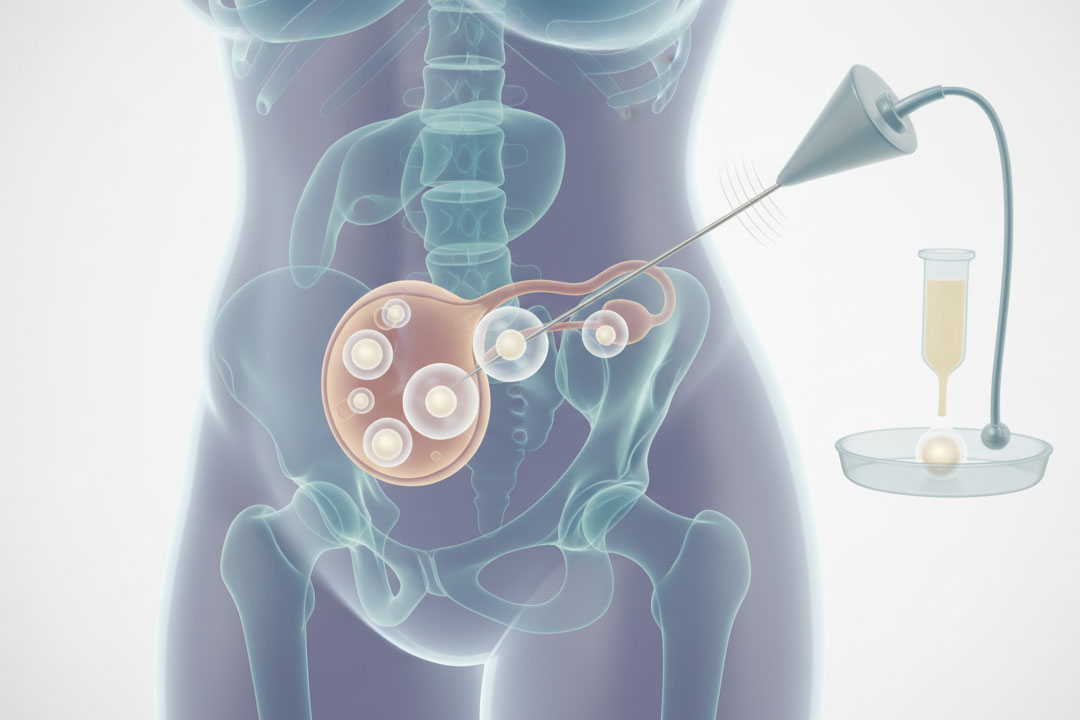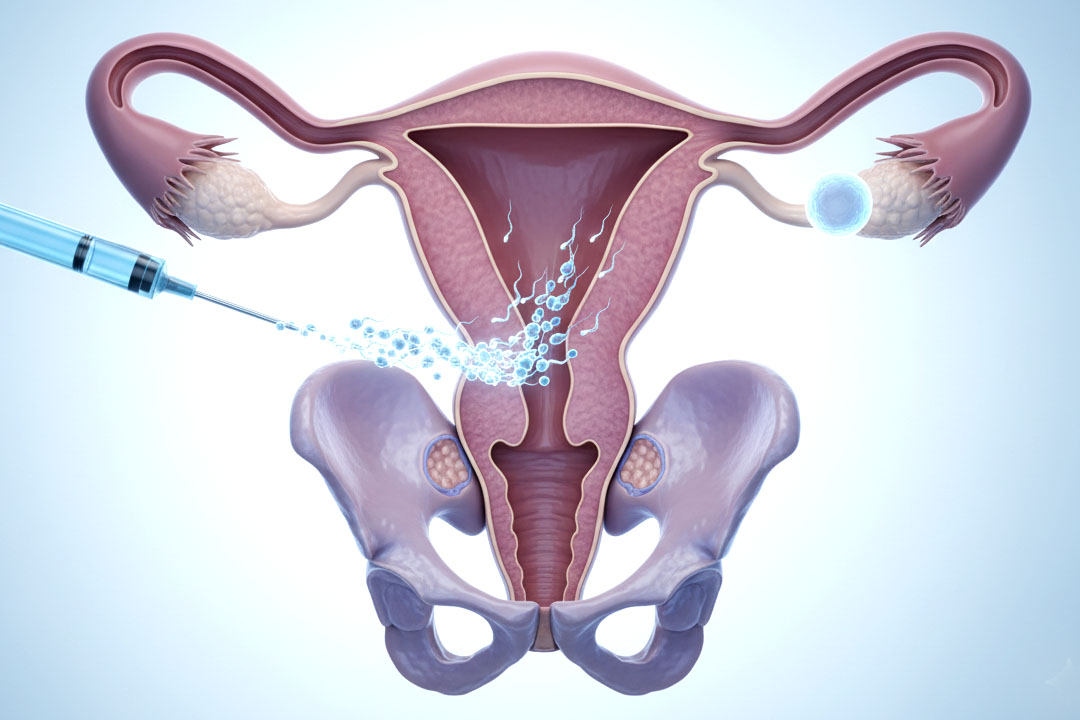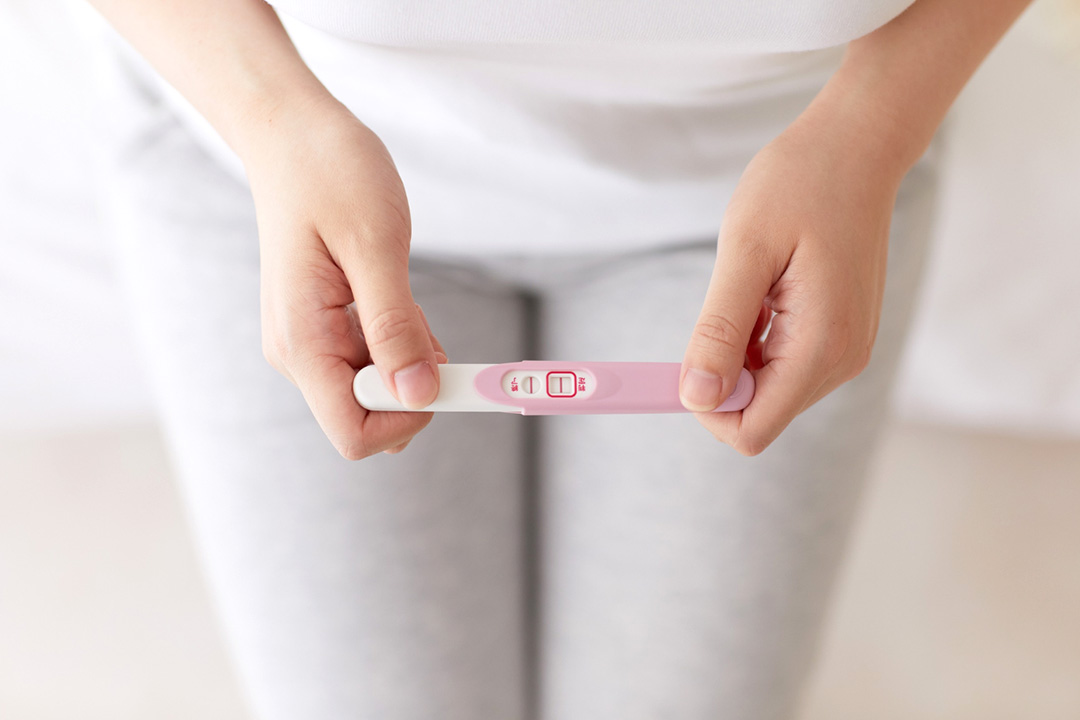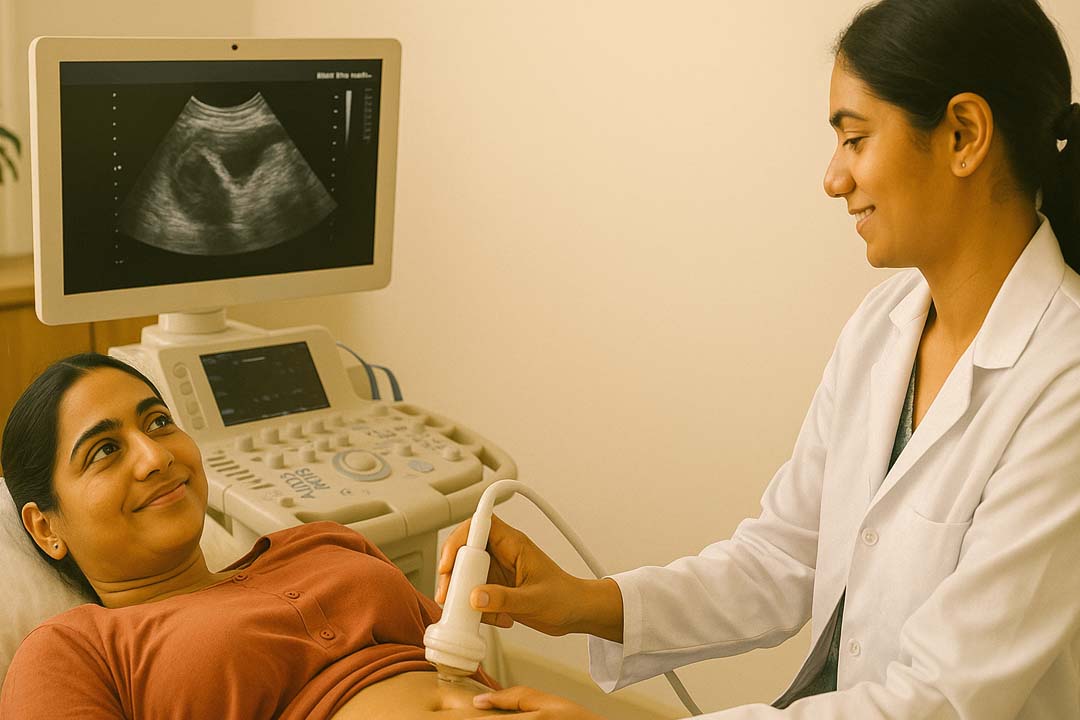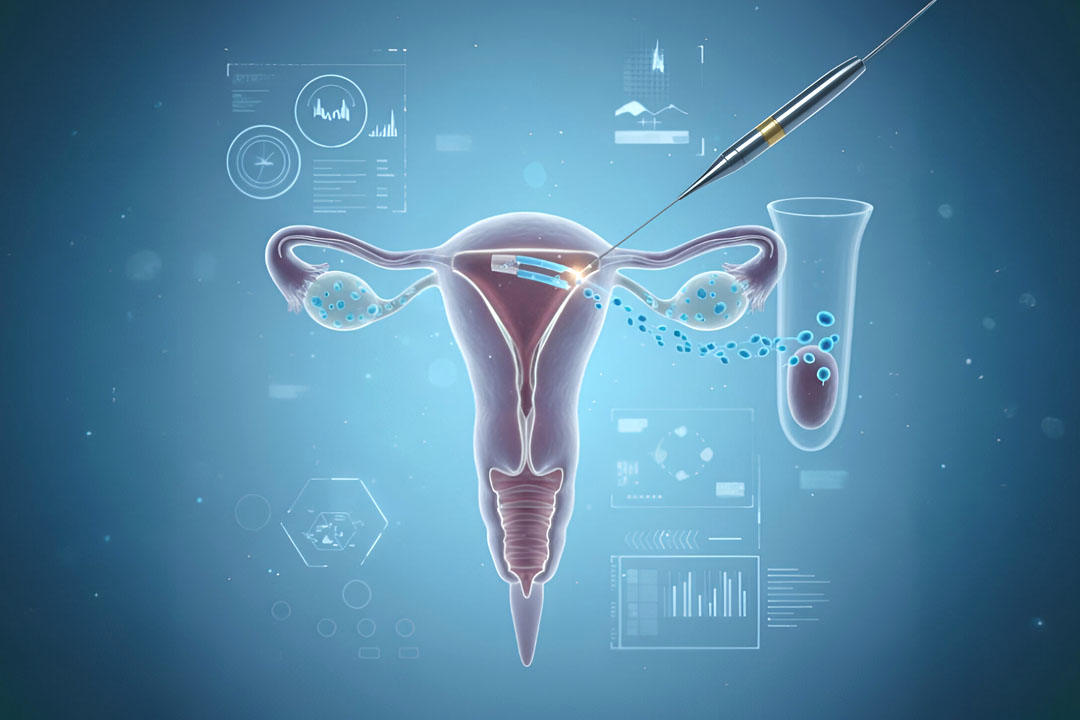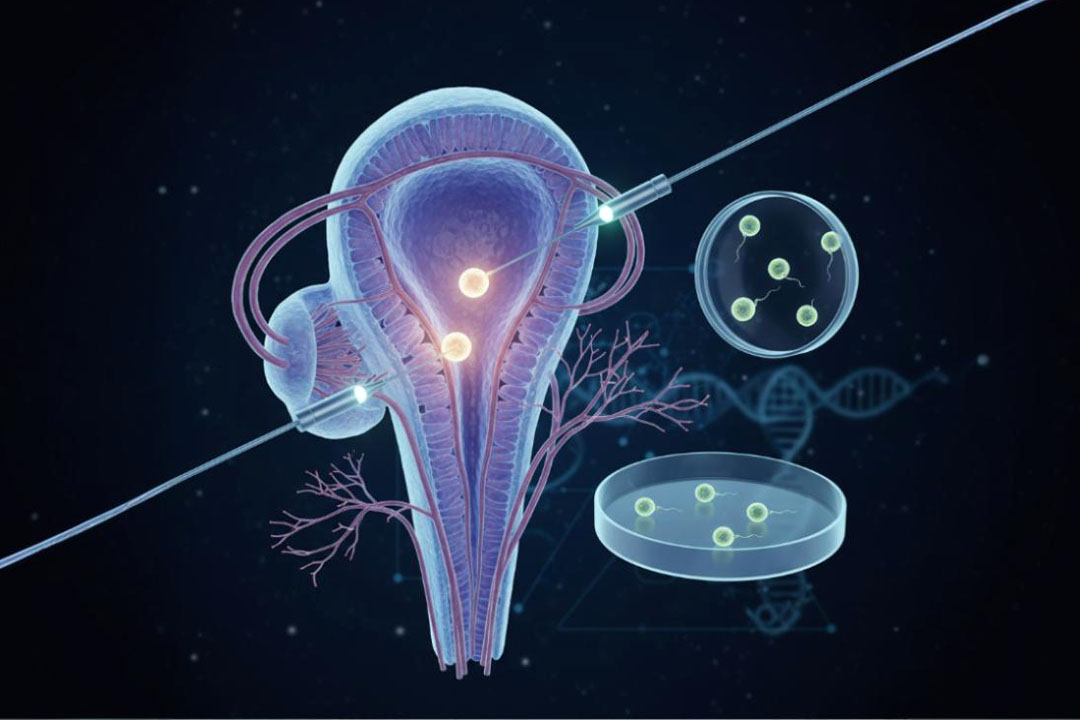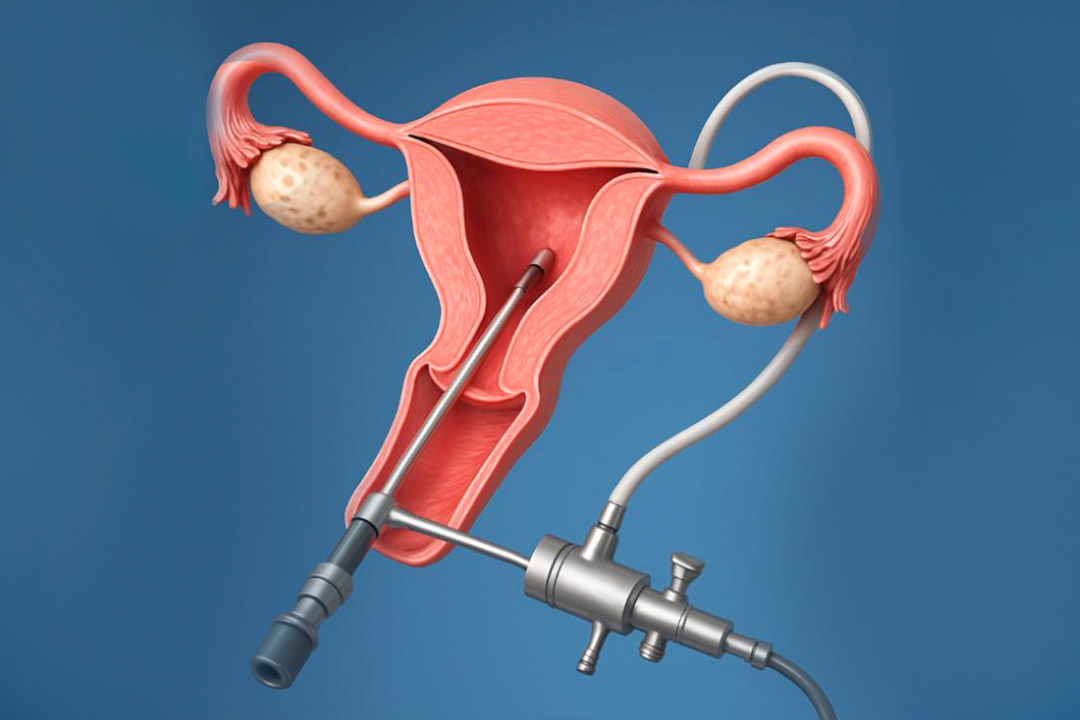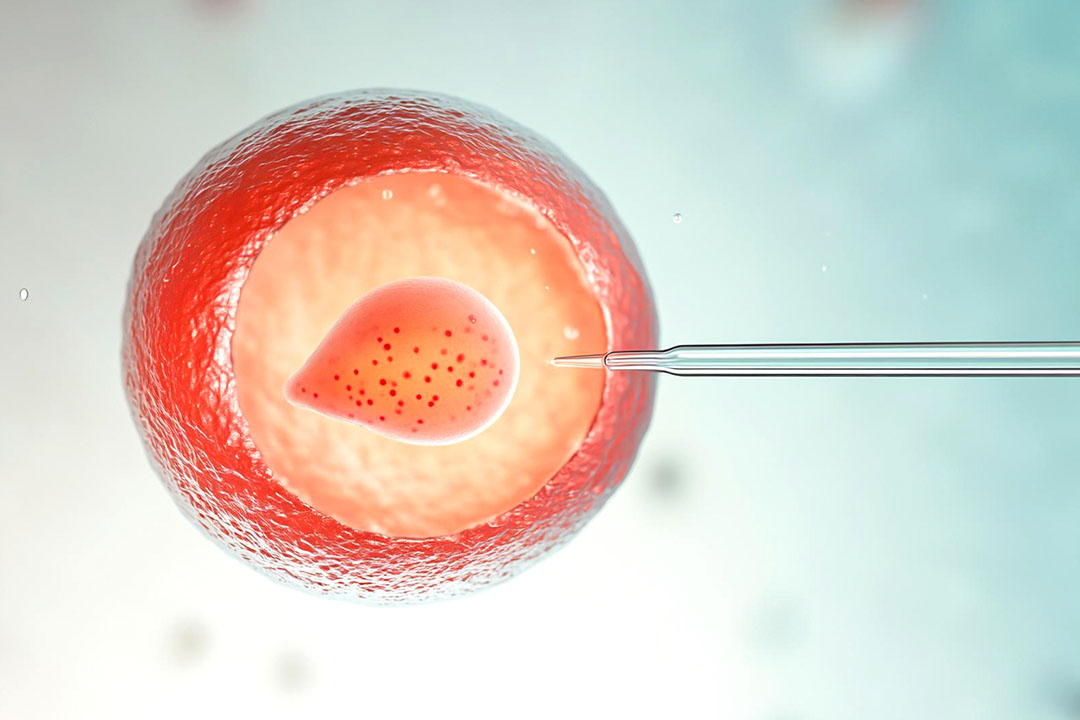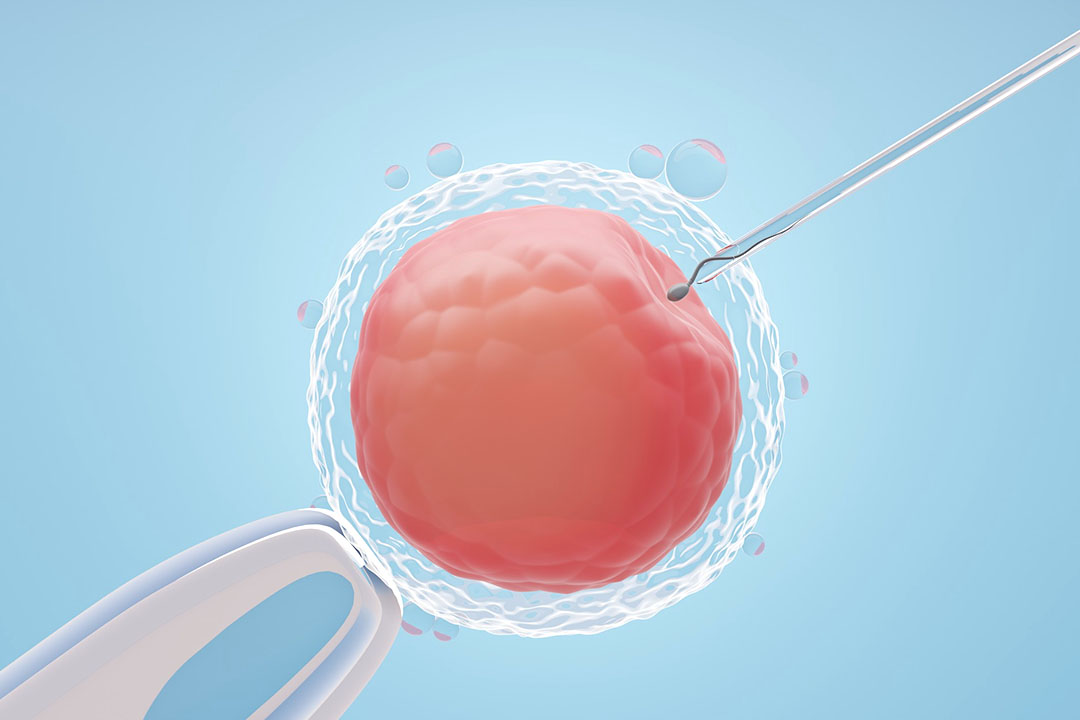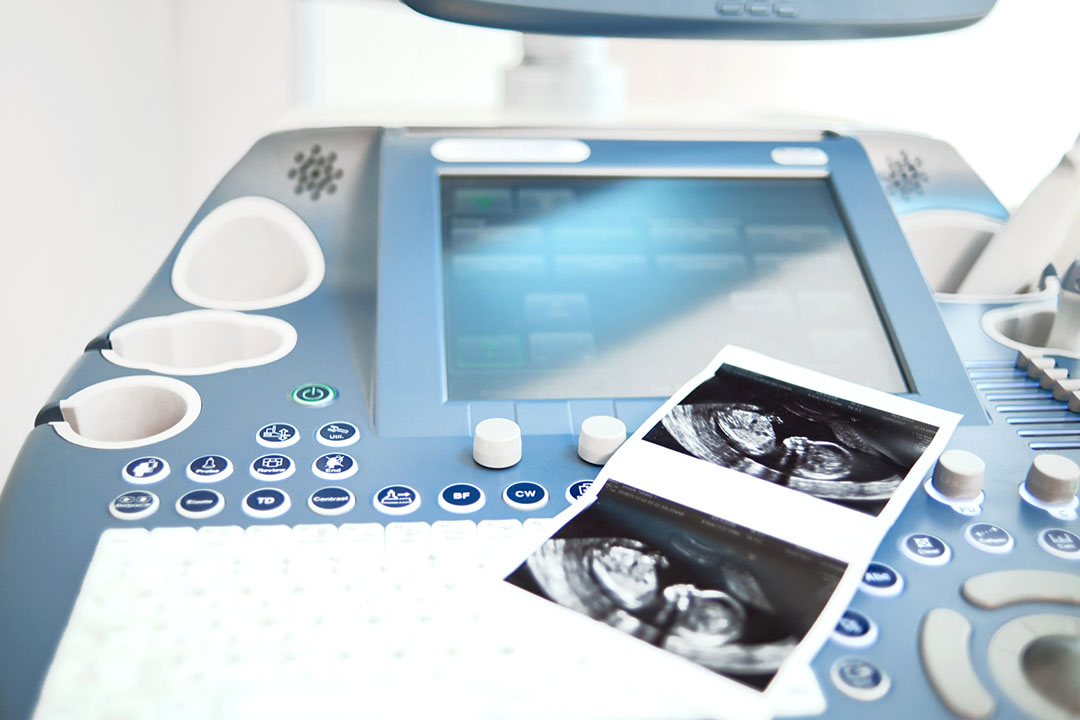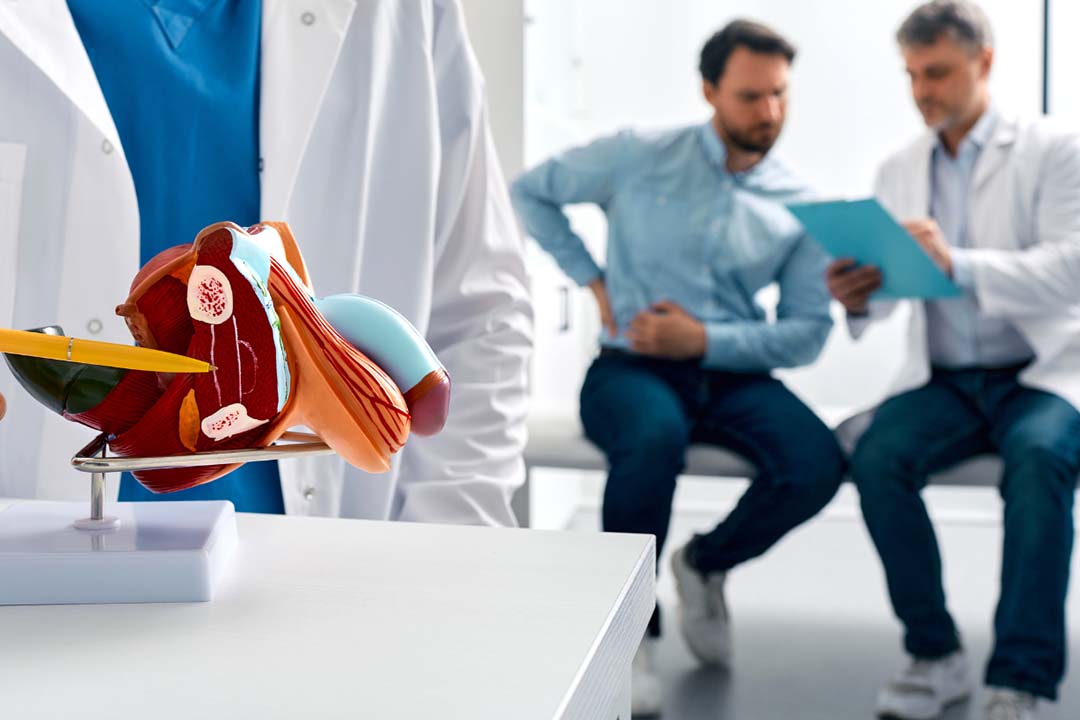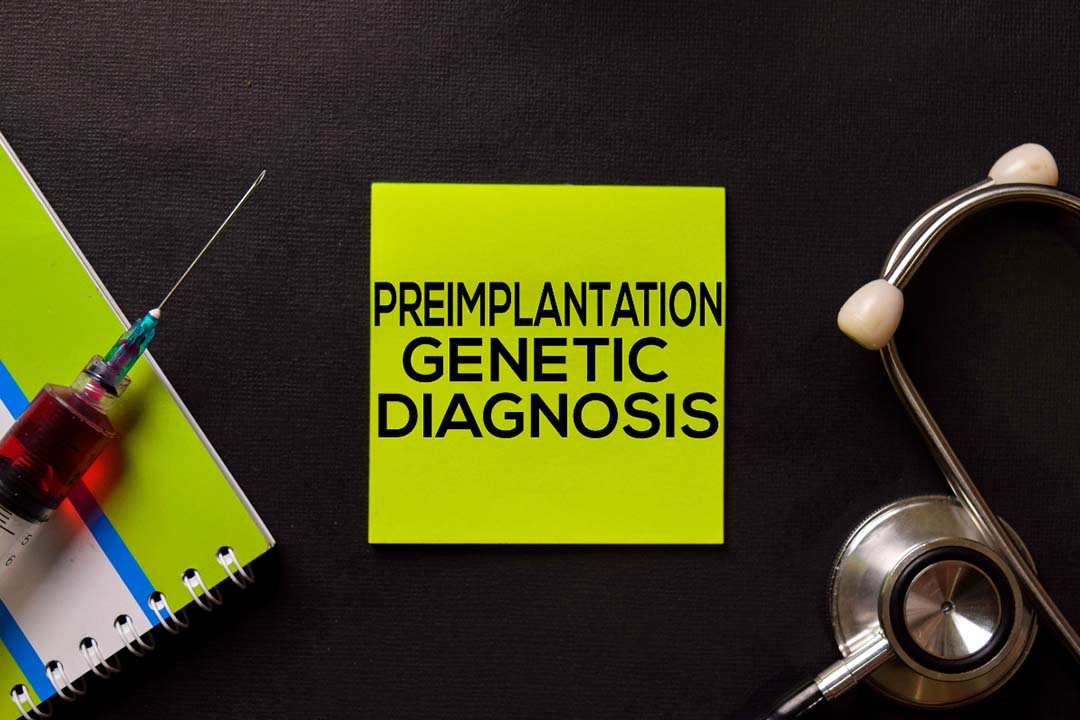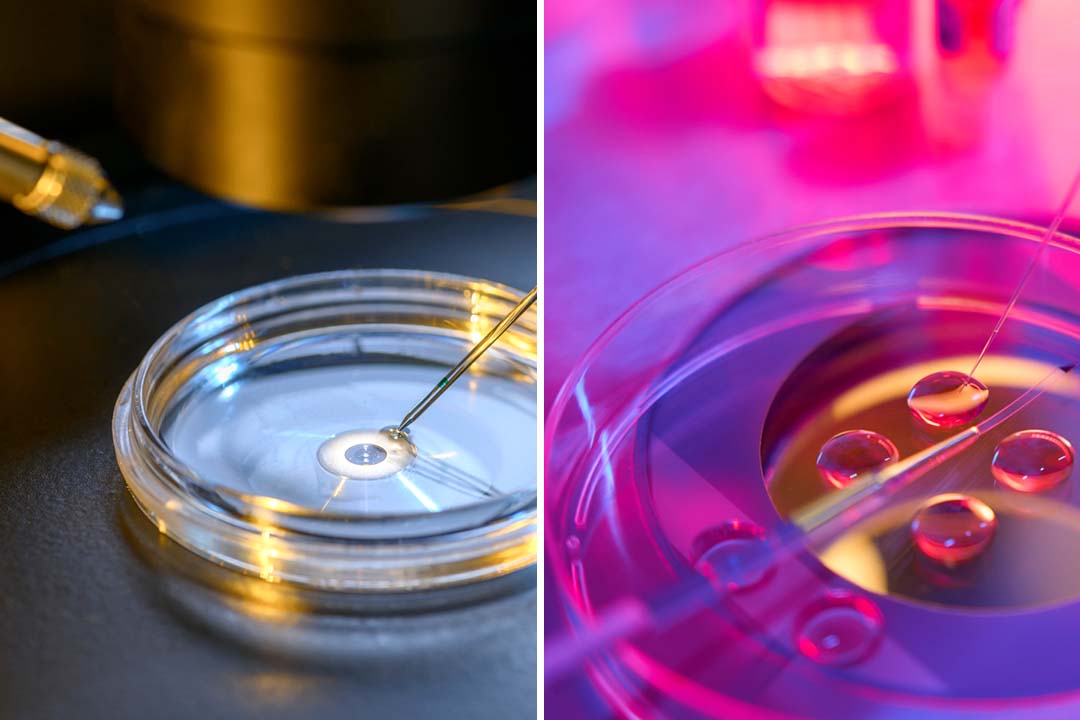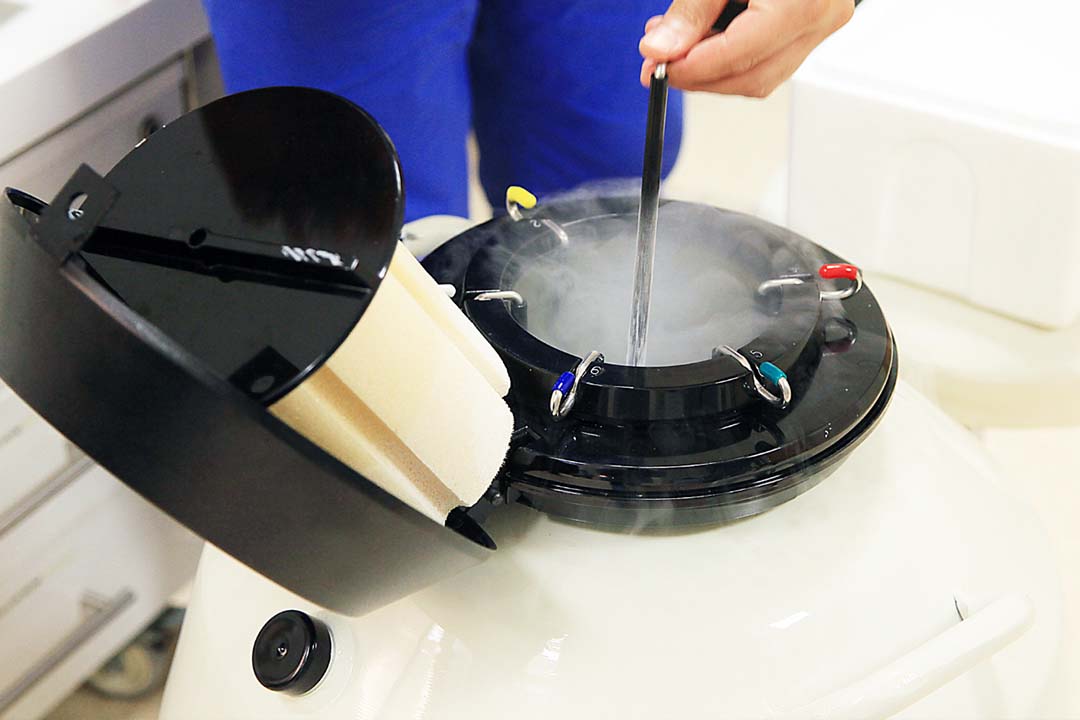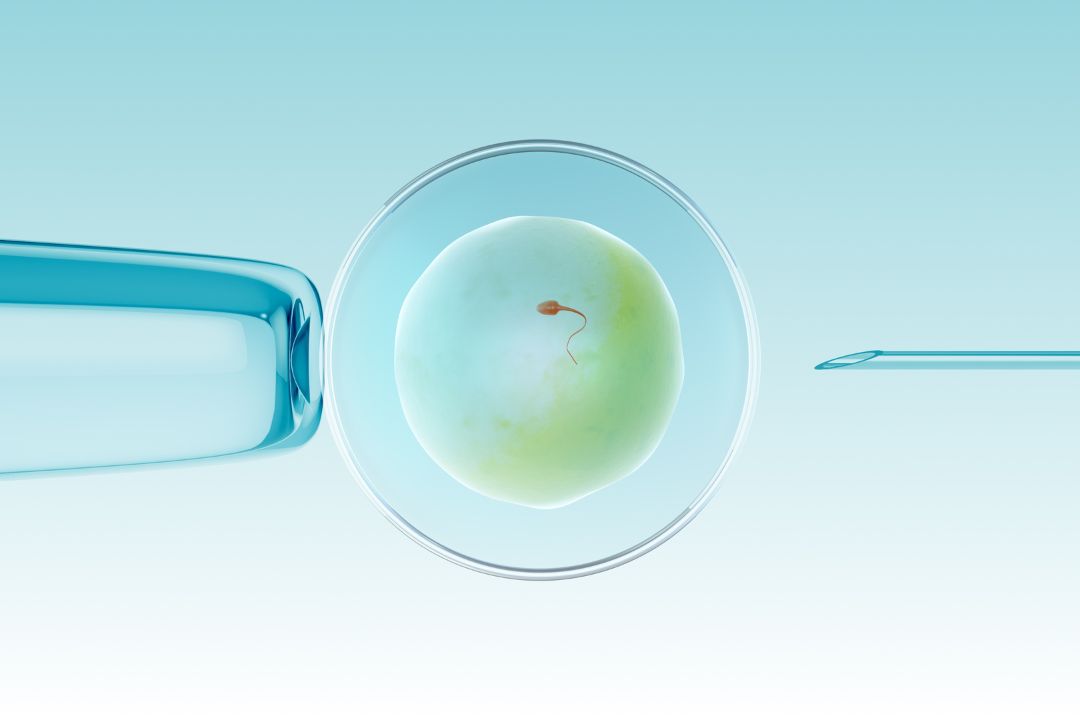Preconception Counseling: Getting Ready for a Healthy Pregnancy
Preconception counseling is essentially an informative visit with your doctor where you discuss your dreams of starting a family. Think of it as a chance to prepare both your mind and body for pregnancy long before you even get a positive test result. Preconception counseling aims to pave the way for a safer pregnancy journey for you and a healthier start for your future baby.
In this article, we’ll dive into what preconception counseling is, why it matters, what you can expect from your appointment, and how it can help you achieve a safe and successful pregnancy. We’ll also explore common risk factors, lifestyle changes you can make, and the benefits of planning ahead.
What Is Preconception Counseling?
Preconception counseling is a planned conversation with your doctor designed to get you ready for pregnancy. It’s not a treatment for infertility but it’s a proactive step to make sure your overall health is in good shape before you begin trying to conceive.
The main idea is to spot any potential issues that could cause complications during pregnancy and address them well in advance. This session is your chance to learn how to have a safe pregnancy and keep both you and your future baby as healthy as possible.
Goals of Preconception Counseling
Preconception counseling is all about setting you up for success. Here are some of the main objectives:
- Preparing Your Body for Pregnancy: This means tackling any health concerns and making the changes needed to boost your overall well-being.
- Reducing Pregnancy Risks: By identifying and managing risk factors early on, you help lower the chances of complications during pregnancy.
- Improving Fertility: You’ll get advice on lifestyle changes and, if necessary, treatments that can improve your ability to conceive.
- Planning for a Healthy Baby: From nutritional advice to vaccination updates, you’ll learn what your body needs to give your baby the best start in life.
When Should You Consider Preconception Counseling?
Ideally, you should book your preconception counseling appointment at least three months before you start trying to get pregnant. This gives you enough time to make any lifestyle changes, complete any tests, or start treatments that might be recommended.
Even if you’re not planning to conceive right away, it’s a good idea for anyone with the potential to become pregnant to consider preconception counseling as part of their regular healthcare routine.
What to Expect During a Preconception Counseling Appointment
Here’s what typically happens during the appointment:
1. Medical and Family History Review
Your provider will ask you about your personal medical history and your partner’s as well. They might discuss:
- Past surgeries, illnesses, and any ongoing health conditions.
- Previous pregnancies and their outcomes.
- Family history of genetic conditions or chronic diseases.
- Current medications, supplements, and even herbal remedies you might be taking.
2. Assessing Risks
Your provider will look at various risk factors that might impact your pregnancy. These include:
- Chronic Diseases: Conditions like diabetes, high blood pressure, heart disease, asthma, and thyroid disorders can influence pregnancy outcomes. Your provider will explain how these conditions might change during pregnancy and discuss any necessary adjustments.
- Infections: Screening for infections, including sexually transmitted infections (STIs), is crucial since certain infections can affect both you and your developing baby.
- Medications and Supplements: A review of everything you’re taking helps ensure that all your medications and supplements are safe for pregnancy. Some medications might need to be adjusted or even stopped.
- Lifestyle Factors: Your diet, exercise habits, and use of substances like tobacco, alcohol, or recreational drugs all play a role in your fertility and overall pregnancy health. Your provider will offer advice on making improvements in these areas.
- Exposure to Toxins: They’ll also ask about your work and home environments. Exposure to harmful chemicals, such as pesticides or heavy metals, can pose risks during pregnancy, and reducing these exposures is key.
3. Physical Exams and Tests
A hands-on physical exam is often part of preconception counseling. During the exam, your doctor might:
- Check your vital signs, like blood pressure, heart rate, and temperature.
- Conduct a pelvic exam to assess your reproductive organs.
- Order lab tests to screen for infections, check hormone levels, and look for other health markers.
- Recommend genetic tests if there is a possibility of inherited conditions.
Key Benefits of Preconception Counseling
Taking the time for preconception counseling offers benefits that go far beyond just preparing for pregnancy. Some of the major advantages include:
- 1. Reduced Pregnancy Complications
Managing chronic conditions like diabetes or high blood pressure early on can lead to better outcomes for both you and your baby. - 2. Fertility Improvement
Improving your overall health through lifestyle changes can boost your chances of conceiving. A healthy body is more likely to support fertility and carry a pregnancy to term. - 3. Early Detection of Risks
Preconception counseling helps spot potential risks before you even start trying to conceive. Early detection means you have plenty of time to take corrective actions, preventing problems during pregnancy and childbirth. - 4. Improved Overall Health
Even if you’re not planning to conceive right away, preconception counseling encourages you to adopt a healthier lifestyle. The benefits of eating well, exercising regularly, and avoiding harmful substances can improve your quality of life overall.
Special Considerations in Preconception Counseling
Here are a few special considerations:
1. Age-Related Factors
As you grow older, natural changes in fertility occur, and the risk of certain complications increases. Preconception counseling can help older individuals understand these changes and develop strategies to optimize their health before pregnancy.
2. Preexisting Medical Conditions
If you have conditions such as asthma, depression, or thyroid disorders, your provider will explain how these might affect your pregnancy. They might adjust your treatment plan or recommend extra monitoring to keep your condition stable throughout pregnancy.
3. Family Planning and Timing
Preconception counseling is a great time to talk about your family planning goals. Whether you’re considering spacing your pregnancies or have experienced a loss before, your provider can help you figure out the best time to start trying for a baby.
4. Genetic and Inherited Conditions
If your family has a history of genetic disorders, your provider might suggest genetic screening or counseling. Understanding your genetic risks gives you the information needed to make smart choices about conception and family planning.
5. Environmental and Occupational Exposures
Your everyday environment—both at home and at work—can influence your reproductive health. Your provider will ask about exposure to chemicals, toxins, or other harmful substances and recommend ways to reduce these risks.
Addressing Common Concerns
Many people have questions and concerns during preconception counseling. Here are some topics that often come up:
Fertility and Timing
Your provider can help you understand your ovulation cycle and pinpoint the best days for conceiving. This information, combined with an awareness of how stress, weight, and existing health conditions affect fertility, can significantly boost your chances of pregnancy.
Impact of Lifestyle Choices
Habits like smoking, drinking, or using recreational drugs can severely affect both your fertility and your baby’s development. Your provider will explain why quitting these habits before trying to conceive is so important and might even suggest resources or programs to help you along the way.
The Role of Nutrition
A well-balanced diet is key to preconception health. Expect to hear advice on eating plenty of fruits, vegetables, whole grains, and lean proteins. Your provider will also stress the importance of taking prenatal vitamins—especially folic acid—to help prevent birth defects in your baby’s brain and spine.
Physical Activity and Exercise
Regular, moderate exercise can work wonders for your overall health, including your fertility. Your provider might recommend gentle, consistent exercise routines that keep you fit without overexerting yourself as you prepare for pregnancy.
Conclusion
Preconception counseling is a vital, proactive step in preparing for a healthy pregnancy. It involves a thorough review of your health, lifestyle, and family history to identify any potential risks before you even start trying to conceive. With this knowledge, you and your healthcare provider can create a personalized plan that covers everything from managing chronic conditions and genetic risks to making lifestyle changes and getting the right vaccinations.
Thankfully, there are several treatment options available. From less invasive procedures like tubal cannulation and laparoscopic surgery to assisted reproductive technologies such as IVF, doctors have multiple ways to help restore fertility. In addition, supportive lifestyle changes—such as maintaining a healthy diet, exercising regularly, managing stress, and avoiding harmful habits can further improve your reproductive health.
About Us
AKsigen IVF is a premier center for advanced fertility treatments, with renowned fertility experts on our team. Specializing in IVF, ICSI, egg freezing, and other cutting-edge reproductive technologies, AKsigen IVF is committed to helping couples achieve their dream of parenthood. With personalized care and a patient-first approach, AKsigen IVF provides comprehensive fertility solutions under one roof.



























